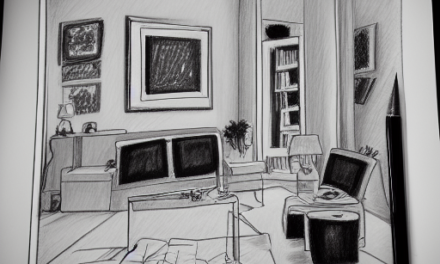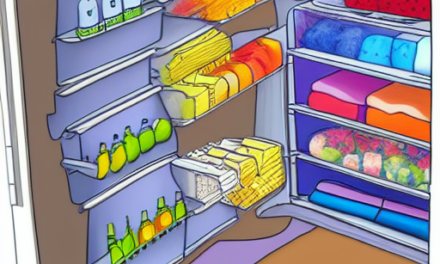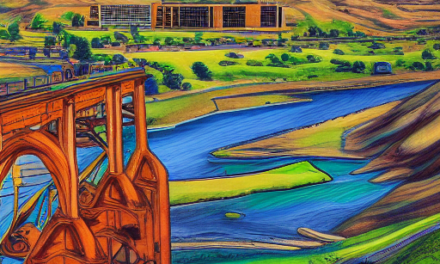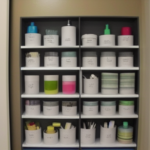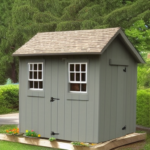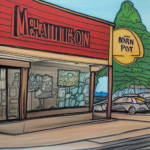The Maine Coon is a large domesticated cat. It is one of the oldest natural breeds in North America. It is the official state cat of Maine. Read on to learn more about the breed. In this article we’ll look at some characteristics of the breed, health issues, and color combinations.
Breed characteristics
The Maine Coon is a playful and energetic breed. Its male counterpart is often known for playing chase games while the female is known for her dignified demeanor. While not very vocal, the Maine Coon can make a low-pitched chirp when it wants food or attention. One drawback of the breed is its proneness to hip dysplasia, which can lead to lameness. It is also prone to polycystic kidney disease, which can cause renal failure.
Historically, the Maine Coon has been a popular breed. It first gained recognition at cat shows during the nineteenth century, but then lost popularity when other breeds took over. However, it began to regain popularity in the 1950s. This breed evolved naturally during the 1800s to the mid-20th century, and it has retained many characteristics from its earliest stages. It is a very good mouser and has high prey drive.
One of the best qualities of the Maine Coon is its adaptability to different environments. It doesn’t mind living in an apartment or in a small house, and it can tolerate a household with small children. It is a sociable cat, and it enjoys socializing with both children and adults.
The Maine Coon is one of the oldest breeds in the United States. It has a long waterproof coat and an elegant, balanced appearance. This breed does not require much grooming. Its coat is thick around the body and tapers to a rounded tip. Its eyes are large, expressive, and set at a slight angle.
Health issues
There are a few health problems that can affect Maine Coons, including hereditary heart disease, spinal muscular atrophy, and hip dysplasia. If you’re thinking about buying one, be sure to find a reputable breeder. A veterinarian can give you more information about these potential problems.
Some of these issues are hereditary, but they are generally avoidable with responsible breeding. Hypertrophic cardiomyopathy is a disease that affects the heart, and hip dysplasia is a condition that affects the ball and socket joints of the hips. Another common health issue is polycystic kidney disease, which is caused by kidney cysts present at birth. The good news is that most genetically transmitted diseases and conditions in Maine Coon cats can be eliminated through responsible breeding. Other common health problems include Spinal Muscular Atrophy, which results in the degeneration of motor neurons in the spinal cord. The condition affects both male and female cats.
Maine Coons may also experience urinary tract problems. If your pet has issues passing urine, it could be suffering from blockages, infections, and inflammation. Consult your vet immediately if you notice any of these symptoms. Increased water consumption and diet changes can help prevent these problems.
Maine Coons may also develop an infestation of heartworm. Heartworms are a parasitic disease that is difficult to detect and treat, and if left untreated, may result in death. Heartworm can affect the heart, so prevention is the best course of action. Another problem that affects Maine Coons is periodontal disease, caused by bacteria living in between the teeth and gums. If left untreated, this disease can lead to tooth decay and gum disease.
Color combinations
When it comes to choosing a color for your Maine Coon cat, there are many options. These felines can come in as many as eighty-four different colors and patterns. Most pet owners don’t realize just how many different color combinations are available. In order to make it easier for you, we’ve broken them down into categories.
A blue-grey Maine coon is a blend of blue and gray. It still has the same shine as a solid blue Maine Coon, but loses its sheen when paired with other colors. These cats can also have black or gray noses or ear tufts.
The different colors of Maine Coons can be confusing. There are different color genes that are passed down to each kitten. For example, a white Maine Coon will have different eyes from a smoke Maine Coon, which will have lighter hair at the roots. Female kittens will inherit one or both of their parents’ color genes, while male kittens will have both.
While all three color patterns are desirable, there are two distinct coat patterns. Tortie Maine Coons are black and red and are typically found on female Maine Coons. This color pattern is derived from the X chromosome. As a result, a tortie cat’s coloration will vary widely, even within the same litter.
Love of water
The Maine Coon is a big, fluffy breed of domestic cat that doesn’t mind getting wet. In fact, you may even catch your Maine Coon sitting by the bath or sink. This may be due to the Maine Coon’s water-repellent fur, their heritage, or just their natural curiosity. However, while your Maine Coon may enjoy playing in the water, it won’t jump into it.
Although Maine Coons don’t always enjoy water playtime, they do have the natural instinct to swim. This means that they can often rescue themselves if they are stuck in a pool or other water source. In addition, their waterproof coats help them survive in water. While they may not enjoy baths, they do enjoy the feeling of splashing around in the water. However, you must remember that it’s best to not force your cat into the water. Aside from the Maine Coon, other breeds of cats may not enjoy playing with water either. The Turkish Van and Japanese Bobtail are just a few of the other breeds that may not be fond of playing in the water.
While it’s a good idea to make sure your Maine Coon’s water bowl is always full, you shouldn’t allow it to sit in it. This could cause accidents. The water bowl should be kept on a higher shelf in your home. The Maine Coon likes to be near running water and may try to play with the water before eating. A common game for a Maine Coon is to dip his paw into the water bowl.
Predisposition to certain genetically linked health issues
A recent study found that Maine Coon cats have a genetic mutation in a gene that affects a cardiac protein, known as MyBPC3. Mutations in this gene are associated with familial heart disease. The mutation occurs in a single base pair, from guanine to cytosine. It also affects a highly conserved amino acid known as proline.
The Maine Coon has a high risk profile for FHD, and is the only breed of cat with data that supports its investigation. However, the prevalence of FHD in this breed is much lower than that of canine breeds. Therefore, the breed should be carefully selected in its breeding program.
There is no known cause for certain health issues in Maine Coons, but researchers suspect that these illnesses are caused by a genetic factor. One such disease is hypertrophic cardiomyopathy, a heart condition that affects some breeds. While there is no known cure for this disease, certain treatments can improve the quality of life for affected cats.
While it is not a life-threatening disease, it can lead to severe complications for your Maine Coon. Polycystic kidney disease is another condition in Maine Coons. The condition is inherited from both breeding parents and can lead to crippling lameness. In some cases, the condition can lead to paralysis.
Adoption process
Adopting a Maine Coon cat is a relatively simple process, but it is not without its challenges. The first step is to find a shelter that accepts these cats. Then, you must fill out an application form. Once you’ve submitted the application, a case manager will contact you and discuss the process. You will then be interviewed and screened. If your application is approved, you will be required to pay the adoption fee and sign an adoption agreement.
The next step in the adoption process is to visit a foster home or facility and meet the cat. This is the most important stage of the process, since this is the basis for the rescue’s decision to accept or reject you. You’ll need to demonstrate that you’re a good match for the Maine Coon, as well as how much time you can dedicate to caring for and loving it.
Maine Coons are gentle giants, and they are playful well into old age. While they can be reserved when first meeting new humans, after a period of time they’ll warm up to their new home. Once they’ve adjusted to their new environment, they’ll form close bonds with their new owners.
Adopting a Maine Coon is a rewarding experience. While it’s not an easy process, adopting one from a shelter or rescue organization can provide you with a loving home and a chance to help a cat in need.

